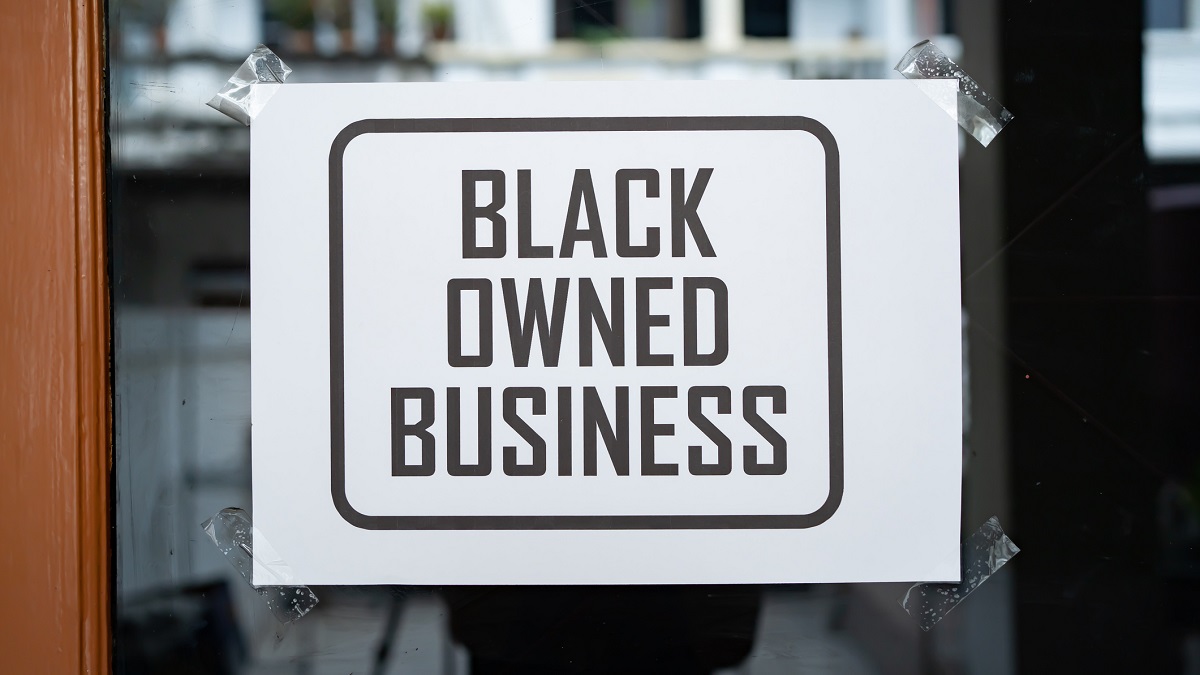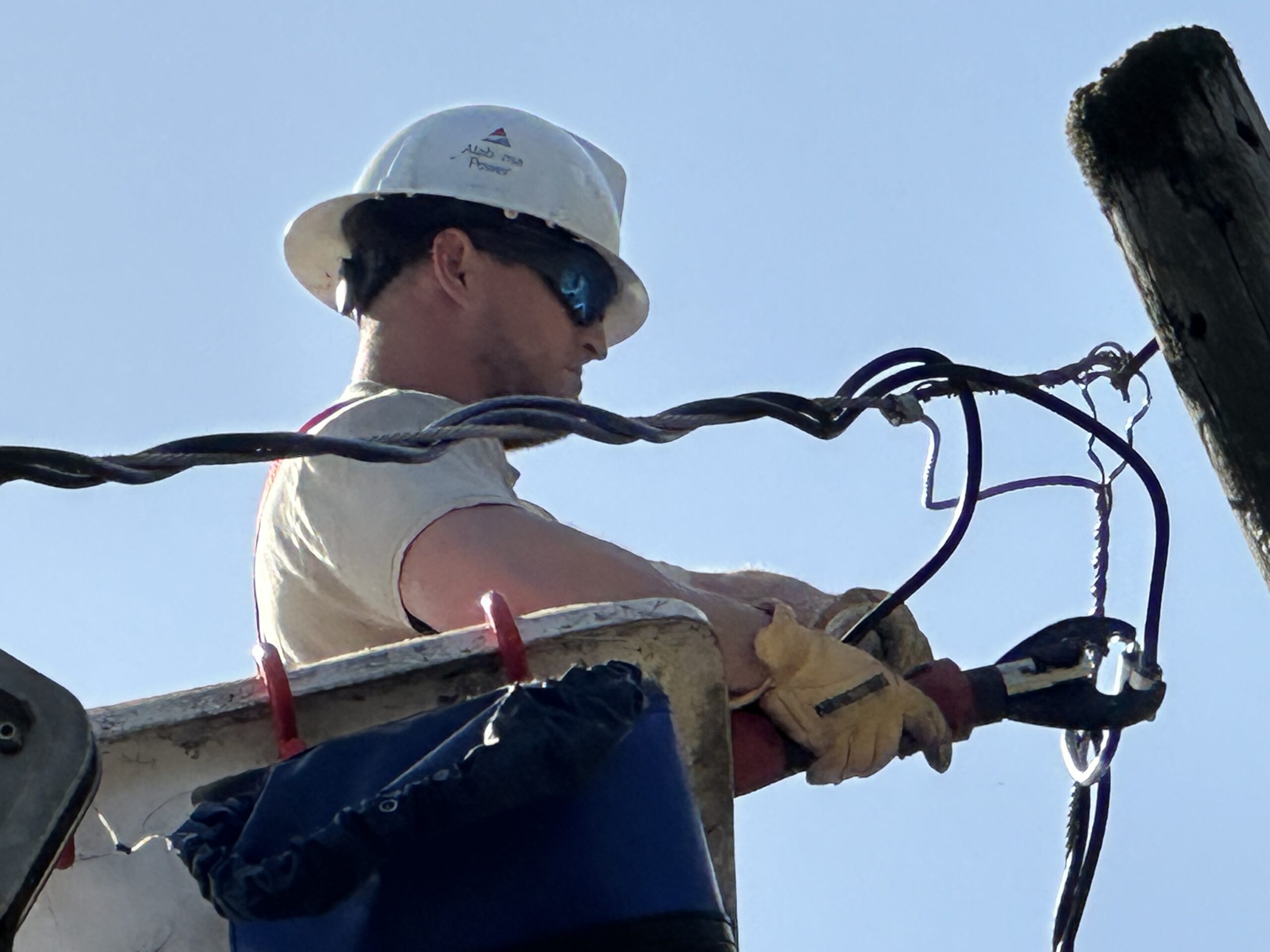Researchers to study the state of Black-owned businesses in Alabama

For the first time, a detailed study of Alabama's Black-owned businesses aims to identify key points and issues. (Getty Images)
A five-year, comprehensive research project will explore the status of Black businesses in Alabama, with the goal of pinpointing specific challenges they face and identifying strategies to help them thrive.
The first study of its kind in the state, the project will tap resources from three universities as well as a host of other organizations in Alabama and beyond. It will take a deep dive into identifying hurdles encountered by urban and rural Black businesses in Alabama, and how they differ from those encountered by other businesses, said lead researcher Lou Marino, professor of entrepreneurship and strategic management, chair of the Department of Management and Frank Mason Faculty Fellow in Family Business at the University of Alabama (UA) Culverhouse College of Business.
“At the highest level, we’re trying to understand the challenges faced by all entrepreneurs in Alabama and, especially, the unique challenges faced by Black businesses in Alabama, and the factors that lead to their success and their failure, their resilience and their growth,” Marino said.
Partnering with UA are experts from Babson College in Massachusetts. The study will make use of Babson’s highly regarded Global Entrepreneurship Monitor (GEM), a survey-based research system deployed by experts worldwide in studying business ecosystems. Marino said it’s the first time the GEM system has been used to study business across an entire state.
“For two decades we have been examining the factors that impact the entrepreneurial activity in the United States, and in other countries around the globe,” said Andrew Corbett, the Paul T. Babson Distinguished Professor of Entrepreneurial Studies at Babson College. Corbett is faculty director for the Butler Institute for Free Enterprise through Entrepreneurship at Babson.
“The GEM Project allows us to understand the total entrepreneurial activity in countries, and the ecosystems portion of the report allows us to see what factors within a specific region support or constrain entrepreneurship and small business startups,” Corbett said. “The latest project in Alabama allows us to better understand what factors make a city or region in the state more attractive to, and more supportive of, entrepreneurs.”

For the first time, a detailed study of Alabama’s Black-owned businesses aims to identify key points and issues. (Getty Images)
The study will involve students from UA and Stillman College who will gather data and conduct interviews with Black businesses and other pertinent sources.
Other organizations expected to contribute to the research include Ignite!, an Alabama-based nonprofit focused on supporting minority- and female-owned businesses, and the Alabama State Black Chamber of Commerce. The study is supported by the Alabama Power Foundation.
“This is the first project of its kind that the foundation has supported,” said Hallie Bradley, manager of the foundation’s Strategic Initiatives team. “Partnering with expert academic researchers, we hope to gain a holistic understanding of Alabama’s entrepreneurs and specifically our Black business owners. And we will share what’s learned with leaders across the state. We are grateful to be involved with such important work.”
Marino said the study will go far beyond examining archival data and anecdotal evidence that indicates Black businesses in Alabama face greater hurdles than other businesses in the state. Prior research shows that nearly 80% of Black-owned businesses fail within the first two years. Research indicates that Alabama trails Georgia and Tennessee in the number of Black-owned businesses, after accounting for the three states’ demographic differences.
Marino said the primary research that will be undertaken will not only look at Black-owned businesses, but more broadly at the state’s entrepreneurial ecosystem. Through a more wide-ranging examination, researchers hope to identify strategies, programs and tools that can help close the gap in the success rate between Black-owned and other businesses in the state – lifting those businesses and Alabama’s entire economy.
“We want to reach every community,” he said.
According to UA’s Center for Business and Economic Research, Black-owned businesses in Alabama generated $1 billion in revenues in 1997, the latest data available. A recent report by business consultant McKinsey Co. suggests that if Black-owned businesses were equal to their white counterparts, reoccurring revenues would increase by $200 billion and add $190 billion to the U.S. gross domestic product (GDP). Extrapolating the numbers to Alabama, if Black-owned businesses grew to the same size as white-owned businesses in the state, it would add $2 billion annually to Alabama’s GDP, Marino said.
What’s more, if Black-owned businesses, with an average 10 employees, could grow to the average 23 people employed by white businesses, some 273,000 jobs could be created in the state, Marino said.
“Through systematic research and key strategic recommendation, we believe that it is possible to grow the ecosystem of Black businesses and, with it, the state economy as a whole,” Marino stated in the study proposal. “With more than 124,000 minority businesses in the state of Alabama, our team believes that investing in Black-owned business can empower communities and help the state move forward and grow.”
Corbett added, “I am thrilled to be working with my colleagues at UA to put this lens on Black-owned businesses in Alabama to learn more about how we can make them succeed.”
Results from the first phase of the research project should be available early next year, with additional information to follow. Plans call for an annual conference to discuss findings and recommendations as the study proceeds.
Marino said that information and knowledge gained through the research could lead to new programs, legislation and initiatives that make a difference for Black businesses and Alabama’s economy.
“I think we will find evidence to support some commonly held beliefs regarding hurdles facing Black-owned businesses, but that we will also discover things that are unexpected and provide unique insights into how we build and grow the Black-owned entrepreneurial ecosystem in Alabama,” Marino said.





